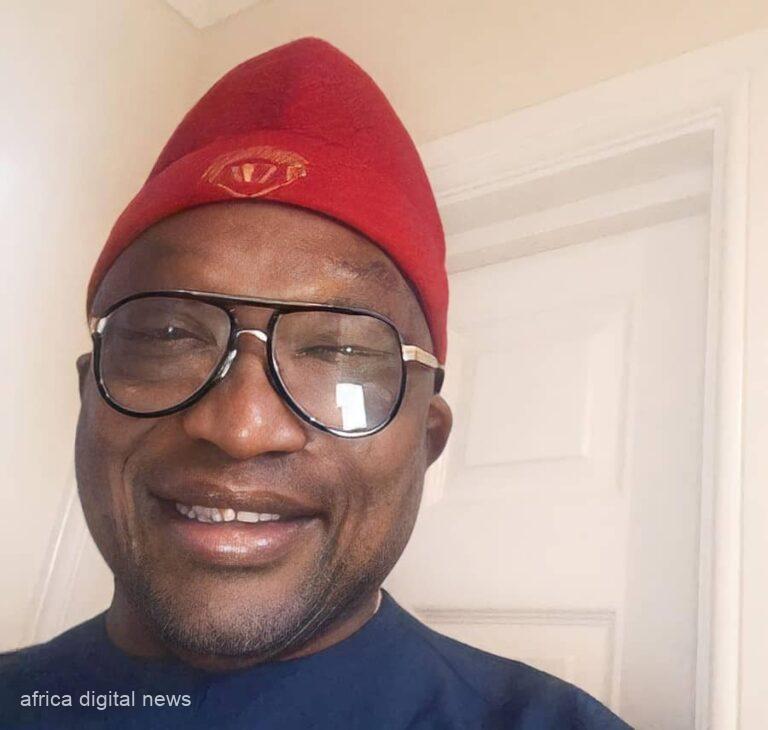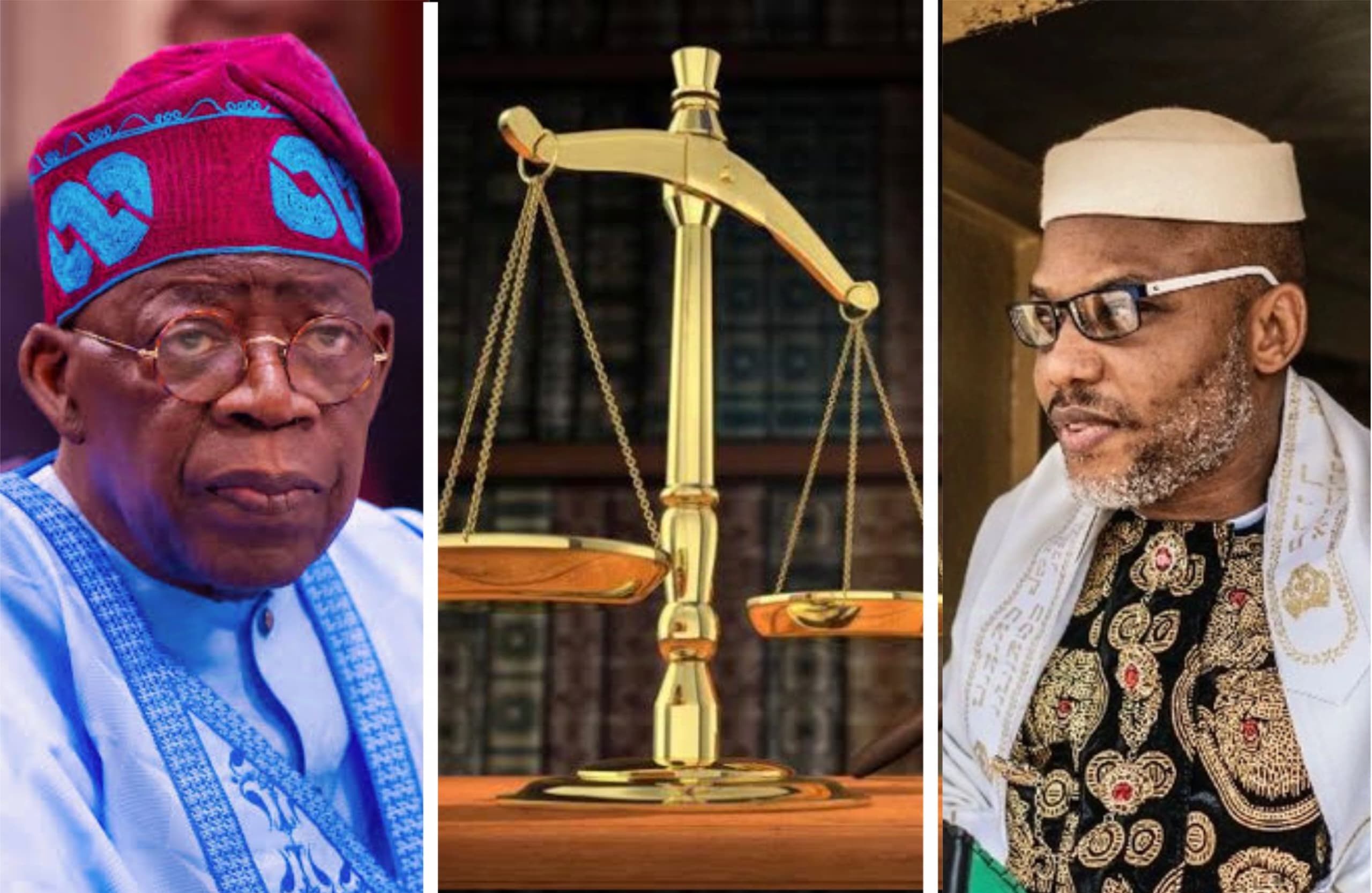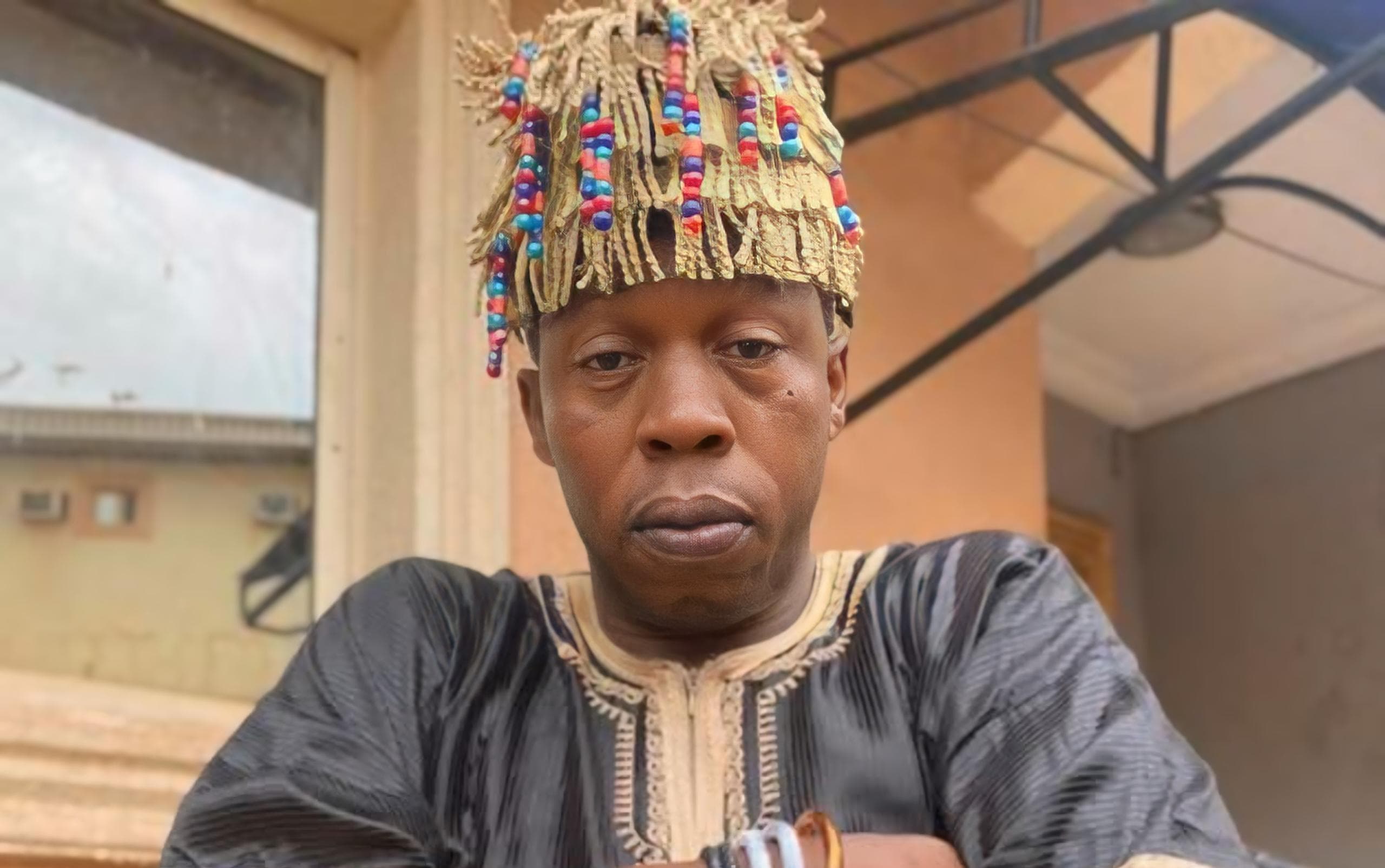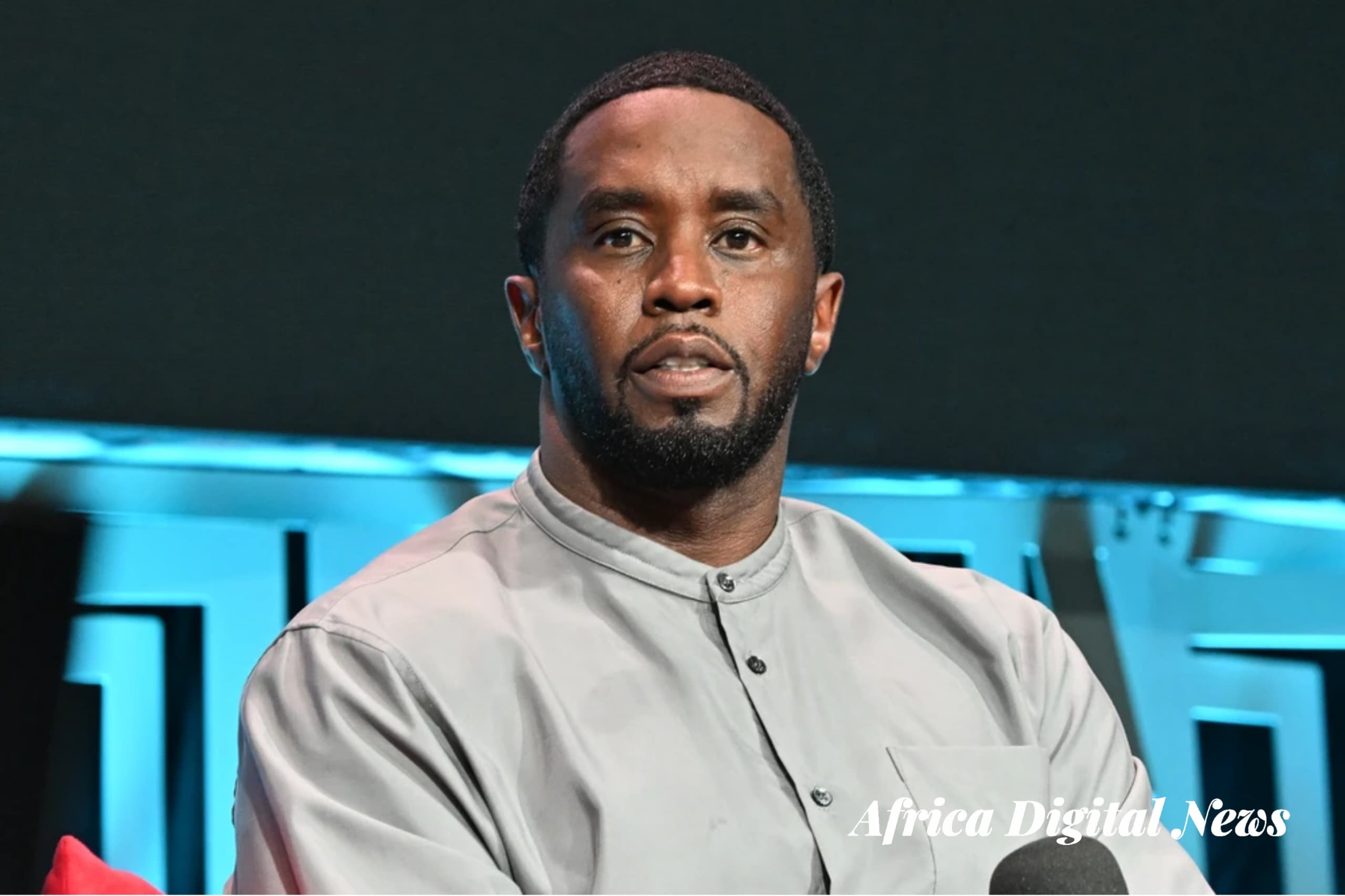In the heart of Nigeria’s vibrant southeast, a transformative conversation is unfolding, one that could set a precedent for governance and equitable development across the nation. At the forefront of this pivotal dialogue is Chief Better Joseph Ekeh, a luminary in the realms of international business and politics, whose passionate advocacy for the Imo Charter of Equity has sparked a statewide, and potentially nationwide, reflection on the principles of fairness, rotation, and balanced development. As we delve deeper into Part 2 of our exclusive interview with Chief Ekeh, the contours of a future shaped by unity, strategic governance, and inclusivity begin to emerge more clearly against the backdrop of Imo State’s evolving political landscape.
Chief Ekeh, with his distinguished career as the Chairman of Adavinn Inn and CEO of Alaowerri Restaurant in London, has not only put Imo State on the global map through his business ventures but has also championed the cause of equitable distribution of leadership roles within the state. His unwavering support for an Owerri native to assume the governorship is grounded in a vision that transcends political ambitions, seeking to usher in a new era of governance that mirrors the diverse aspirations and capabilities of Imo’s geopolitical zones.
The forthcoming segments of our conversation with Chief Ekeh delve into the strategic imperatives that underpin his support for the Imo Charter of Equity. With Imo State’s impressive economic indicators and the pressing challenges of youth unemployment and the need for sustainable development, Chief Ekeh articulates a forward-looking perspective on how rotational governance could serve as a catalyst for innovation and comprehensive growth.
As Imo State stands on the cusp of legally enshrining the Charter, the significance of this moment extends beyond the immediate promise of fairness. It heralds a shift towards a governance model that values each zone’s unique contributions and challenges, fostering a sense of belonging and participation among all constituents. Chief Ekeh’s narrative is not just about the gubernatorial seat transitioning from Orlu to Owerri; it’s about reimagining the state’s developmental trajectory in a way that leverages its full potential.
Read Also: Imo Equity: Chief Ekeh Backs Owerri For Next Governor
Part 2 of our interview also shines a light on Chief Ekeh’s broader vision for Imo State—a vision characterized by a commitment to social justice, economic prosperity, and a governance framework that prioritizes the welfare of every citizen. Through his eyes, we explore the possibilities that lie ahead for Imo, where equity and justice in leadership act as the cornerstones for a state that is not only economically robust but also harmonious and resilient.
Join us as we continue this journey with Chief Better Joseph Ekeh, exploring the depths of his insights and the breadth of his aspirations for Imo State. This sequel is more than a continuation of a conversation; it’s a gateway to understanding the transformative potential of equitable governance and the role of visionary leadership in navigating the complexities of modern-day governance. As Imo State charts its course towards the future, the principles espoused by Chief Ekeh and the Imo Charter of Equity could very well become the beacon that guides not only Imo but other states towards a more just, prosperous, and united Nigeria.
Excerpts:
What is your vision for how an Owerri governor could shape the future of Imo State, especially in terms of innovation, industrialization, and youth employment?
I am a staunch advocate for the principles enshrined in the Imo Charter of Equity, my proposal for the effective implementation of this pivotal document centers on a multifaceted approach that ensures the rotational governance model is not only adhered to during Governor Uzodinma’s tenure but also becomes a lasting legacy that will guide the state’s leadership selection process for generations to come.
- Legal Framework Establishment: The first step towards ensuring the longevity of the Imo Charter of Equity is to enshrine its principles within a legal framework. This involves passing legislation that formally recognizes the charter as a binding document. By doing so, we create a legal obligation for political parties, electoral bodies, and government institutions to adhere to the rotational model, thereby safeguarding the charter against potential future violations.
- Inclusive Stakeholder Engagement: For the charter to be deeply rooted in the fabric of Imo State’s governance, it is crucial to foster a sense of ownership among all stakeholders. This includes engaging not just the political class but also civil society, traditional leaders, the business community, and the youth. Through town hall meetings, workshops, and public consultations, we can build a broad consensus on the importance of rotational governance and its role in promoting fairness and unity across the state’s geopolitical zones.
- Establishment of a Monitoring and Evaluation Body: To ensure compliance and assess the effectiveness of the rotational governance model, an independent monitoring and evaluation body should be established. This body, comprising representatives from various segments of society, would be tasked with overseeing the implementation of the charter, reporting on adherence levels, and providing recommendations for addressing any challenges that arise. Their reports should be made public to ensure transparency and accountability.
- Political Education and Public Awareness Campaigns: Educating the electorate and the general public about the significance of the Imo Charter of Equity is fundamental. Through targeted campaigns, we can illuminate the benefits of rotational governance, such as enhanced political stability, equitable development, and improved inter-zonal relations. By fostering an informed citizenry, we encourage active participation in the political process, ensuring that future leadership selections reflect the charter’s principles.
- Institutionalizing the Charter within Political Parties: Political parties play a pivotal role in the selection of candidates for gubernatorial elections. As such, they must internalize the principles of the Imo Charter of Equity within their party constitutions and candidate selection processes. By committing to the rotational model, political parties ensure that their gubernatorial candidates are selected in alignment with the charter’s guidelines, thus reinforcing the commitment to equitable governance.
- Future-Proofing Through Education: Lastly, embedding the values of fairness, equity, and rotational governance within the educational curriculum can help inculcate these principles in future generations. By teaching young Imolites about the importance of balanced development and representation, we lay the groundwork for a future where the Imo Charter of Equity is not just a legal requirement but a fundamental aspect of our collective identity.
In conclusion, the effective implementation of the Imo Charter of Equity requires a comprehensive and collaborative approach, one that transcends political affiliations and unites us in our common pursuit of a fair, just, and prosperous Imo State. As we move forward, let us remember that the strength of our democracy lies in our ability to uphold the principles of equity and inclusiveness, ensuring that every voice is heard and every zone is fairly represented in the governance of our beloved state.
Why is it important, in your view, for each of the three geopolitical zones in Imo State to have equal opportunities in governance, and how does this principle promote inclusivity and fair representation?”
Ensuring that each of the three geopolitical zones in Imo State—Owerri, Okigwe, and Orlu—has equal opportunities in governance is essential for nurturing a democratic society where inclusivity and fair representation are not just ideals but realities. This approach is critical for several reasons, all of which contribute to a more equitable and sustainable form of governance.
When governance is inclusive, it means that every part of Imo State is heard, their unique challenges acknowledged, and their aspirations considered in the policymaking process. This inclusivity is vital for bringing a diversity of perspectives and solutions to the fore, enriching the state’s developmental agenda. It ensures that no area feels marginalized or neglected, addressing potential grievances that can arise from feeling underrepresented or overlooked in the corridors of power.
Fair representation, achieved through the rotational governance among the geopolitical zones, is equally important. It prevents the monopolization of power by any single zone, promoting a more equitable distribution of resources and development initiatives across the state. This not only fosters a sense of fairness but also strengthens the bonds of unity and solidarity among the diverse communities within Imo State. Each zone, aware that it will have its turn at governance, is more likely to engage constructively in the state’s political process, contributing to a more vibrant and participatory democracy.
This principle of equal governance opportunities acts as a safeguard against exclusionary politics, encouraging a broader engagement with and understanding of the needs across all zones. It ensures that development is not lopsided but balanced, with progress in one zone seen as a collective advancement for the entire state. Such a system enhances the legitimacy of the state’s leadership, as leaders are perceived as representatives of the entire state rather than of a particular geographic or political faction.
In sum, the importance of providing equal governance opportunities to each geopolitical zone in Imo State lies in its ability to promote a governance model that is inclusive, equitable, and reflective of the diverse makeup of the state. It is a foundational step towards building a society where every citizen feels valued, heard, and represented—a society that is better equipped to face the challenges of development and governance in a unified and cohesive manner.
As someone deeply involved in attracting foreign investment, how do you think the election of an Owerri governor will be perceived by the international community, and what impact could it have on foreign relations and investment?
As someone deeply engaged in attracting foreign investment to our region, I understand the importance of governance practices that signal stability, fairness, and inclusivity to the international community. Electing a governor from Owerri, as envisioned by the Imo Charter of Equity, would stand as a testament to our commitment to these principles, likely casting Imo State in a favorable light on the global stage. This move, emblematic of a mature and equitable political environment, could significantly enhance our attractiveness as a destination for foreign investment and collaboration.
The international community, encompassing investors, governments, and global organizations, values predictability, transparency, and democratic governance. By rotating leadership in a manner that includes all geopolitical zones, we not only affirm our dedication to these values but also showcase our political stability. This act of inclusivity and fairness is crucial for fostering an environment where foreign investment can thrive. It conveys to potential investors and partners that Imo State is governed by principles that ensure stability and equitable development, making it a reliable and attractive place for investment.
The election of an Owerri governor could therefore have a profound impact on our foreign relations and investment climate. It would boost investor confidence, knowing that their investments are safeguarded by a governance framework that values equity and inclusivity. This confidence is pivotal for drawing in investments and fostering international partnerships that extend beyond financial transactions to include technological exchanges, educational collaborations, and international aid.
Moreover, such governance practices pave the way for socio-economic development, which in turn attracts more investment by creating a virtuous cycle of job creation, infrastructure improvement, and enhanced living standards. Positive perceptions of Imo State’s governance can also strengthen diplomatic relations, positioning the state as a stable and reliable partner in the international community, potentially leading to favorable trade agreements and bilateral relations.
In essence, adhering to the rotational governance model and electing a governor from Owerri could significantly boost Imo State’s image and investment appeal globally. This strategic move would not only signal our dedication to fair and inclusive governance but also catalyze foreign investment and international collaborations, steering the state towards greater prosperity and development in the eyes of the world.
What legacy do you believe Governor Hope Uzodinma will leave, and how should his successor, particularly an Owerri indigene, build upon or diverge from this legacy?
Governor Hope Uzodinma’s tenure in Imo State is marked by various initiatives aimed at enhancing infrastructural development, improving security, and fostering economic growth. His efforts to address longstanding challenges in the state have set a foundation upon which future administrations can build. The legacy he is likely to leave behind is one of resilience in the face of adversity, a commitment to infrastructural rejuvenation, and steps towards stabilizing the state’s economy.
For his successor, particularly an Owerri indigene, building upon Governor Uzodinma’s legacy presents a unique opportunity to further the state’s development while also addressing areas that require new perspectives and approaches. The new governor should aim to continue the positive strides made in infrastructure and economic development, ensuring that these efforts are evenly distributed across all geopolitical zones of the state to foster a sense of inclusivity and equity.
Moreover, building on the foundation laid by Governor Uzodinma, the successor should prioritize transparency, good governance, and enhanced public engagement. By doing so, the new administration can strengthen trust between the government and the citizens, creating a more collaborative atmosphere for state development.
In areas requiring divergence, the new governor has an opportunity to bring fresh ideas to the table, especially in addressing youth unemployment, healthcare, and education. Implementing innovative policies that leverage technology and modern governance practices could set Imo State on a path to becoming a leading economic and social hub in Nigeria.
Furthermore, fostering a conducive environment for investment and ensuring that governance benefits are equitably shared will be crucial. This means placing a strong emphasis on sectors that have the potential for high employment generation and sustainable development, such as agriculture, technology, and tourism, and ensuring that policies are inclusive and beneficial to all zones, including Owerri, Okigwe, and Orlu.
In essence, the successor, leveraging the legacy of Governor Uzodinma, should strive to blend continuity with innovation. This approach entails upholding and expanding upon the positive developments of the current administration while also introducing new strategies to address the evolving challenges and aspirations of Imo State’s diverse population. The goal should be to ensure that progress in Imo State is not only sustained but accelerated, leading to a more prosperous, inclusive, and equitable future for all its inhabitants.
What strategic development goals do you think should be prioritized by the next governor from Owerri to address the long-term needs and aspirations of Imo State’s citizens?
The next governor from Owerri should prioritize strategic development goals that not only address the immediate needs of Imo State’s citizens but also lay the groundwork for sustainable, long-term prosperity. These goals should encompass economic diversification, infrastructure development, education and healthcare improvement, environmental sustainability, and the fostering of a robust digital economy.
Firstly, economic diversification is crucial. By investing in and promoting sectors beyond the traditional oil and agriculture, such as technology, tourism, and creative industries, the governor can create more job opportunities, stimulate economic growth, and reduce the state’s vulnerability to global market fluctuations. This involves supporting small and medium-sized enterprises (SMEs), attracting foreign investment, and providing training and resources to entrepreneurs.
Infrastructure development, particularly in transportation, energy, and water supply, is essential for enhancing the quality of life and enabling economic activities across the state. Improving road networks, ensuring stable electricity supply, and providing clean water will not only attract investment but also improve the everyday lives of citizens.
Education and healthcare are fundamental to long-term development. The next governor should focus on improving the quality of education at all levels, ensuring that it is accessible to all and aligned with the needs of the modern job market. In healthcare, improving facilities, ensuring the availability of essential medicines, and training healthcare professionals are key steps towards a healthier population and a more productive workforce.
Environmental sustainability should also be a priority, with policies aimed at protecting natural resources, promoting renewable energy, and ensuring that development projects are environmentally sound. This includes initiatives to combat pollution, deforestation, and erosion, which have long-term implications for the state’s agriculture and tourism sectors.
Finally, the digital economy offers vast opportunities for growth and innovation. Investing in digital infrastructure, promoting digital literacy, and supporting the tech industry can position Imo State as a leader in the digital sector in Nigeria. This requires not only infrastructure development but also policies that support innovation, protect digital rights, and encourage the adoption of digital technologies across all sectors of the economy.
By focusing on these strategic development goals, the next governor from Owerri can address the immediate needs of Imo State’s citizens while laying a foundation for a prosperous, inclusive, and sustainable future. This vision requires a collaborative approach, engaging with communities, the private sector, and other levels of government to ensure that the benefits of development are widely shared and that the aspirations of all Imo State’s citizens are realized.
On behalf of Africa Digital News, New York, we extend our heartfelt gratitude to you – Chief Better Joseph Ekeh for taking the time to conclude this enlightening interview with us. Your insights and perspectives have not only shed light on the critical issues facing Imo State but have also offered a vision of hope and progress for its future. Your dedication to fostering equitable development and attracting foreign investment to the region is truly inspiring. We are confident that our readers will find your contributions both informative and thought-provoking, offering a deeper understanding of the challenges and opportunities within Imo State and beyond. Thank you, Chief Ekeh for your invaluable input and for sharing your visionary leadership with us.
It’s been my absolute pleasure to engage with Africa Digital News, New York, and share my thoughts and visions for Imo State and its bright future. I am deeply honored to have had this platform to discuss the critical issues that touch on the lives of our people and the development of our beloved state. I believe that through open dialogue and shared insights, we can foster a more inclusive, equitable, and prosperous society. I extend my sincerest thanks to the team at Africa Digital News for this opportunity and to the readers who have taken the time to engage with our discussions. Let us all continue to work together towards the upliftment of Imo State, drawing on the strength of our community and the richness of our collective ideas. Thank you once again for this remarkable opportunity to connect and share.










